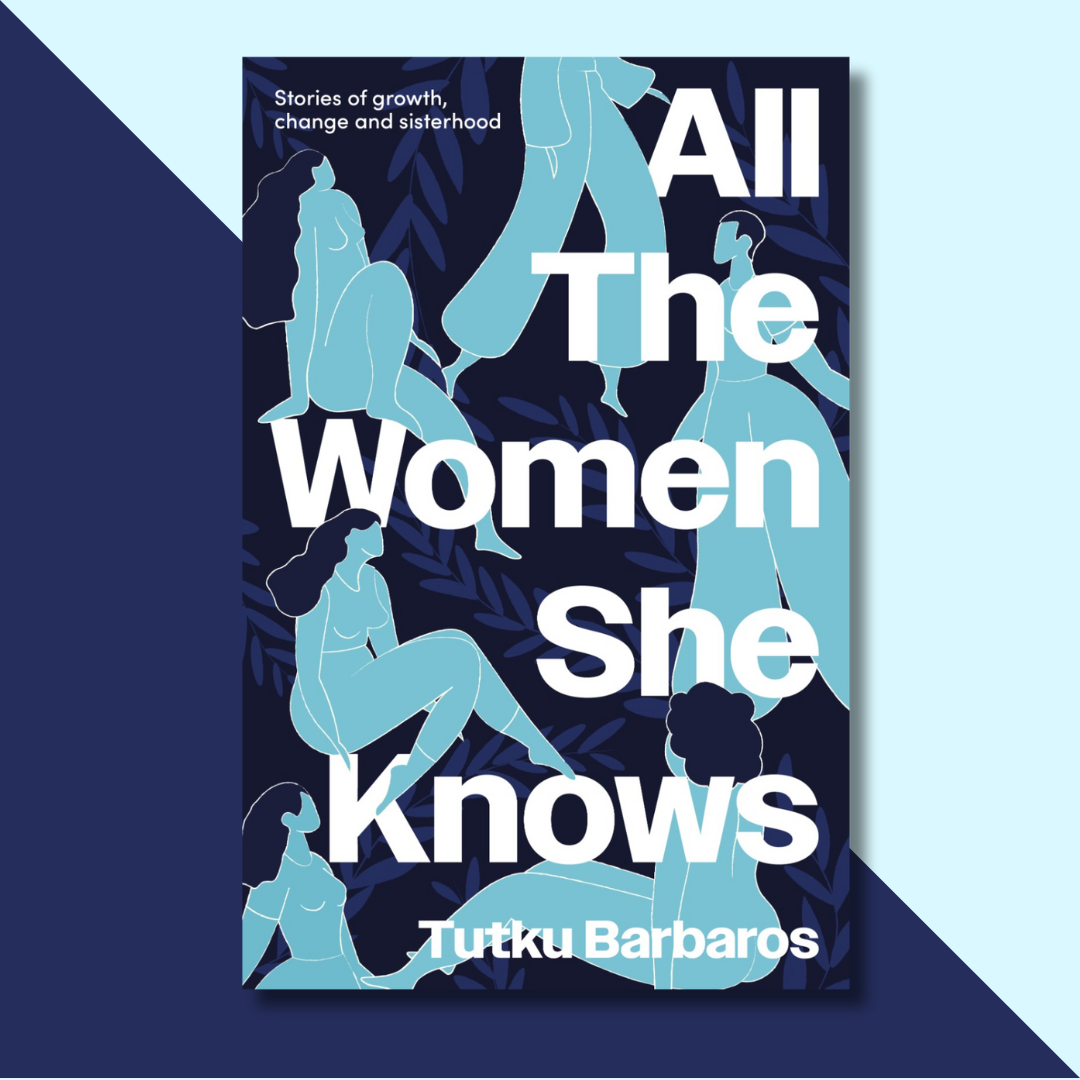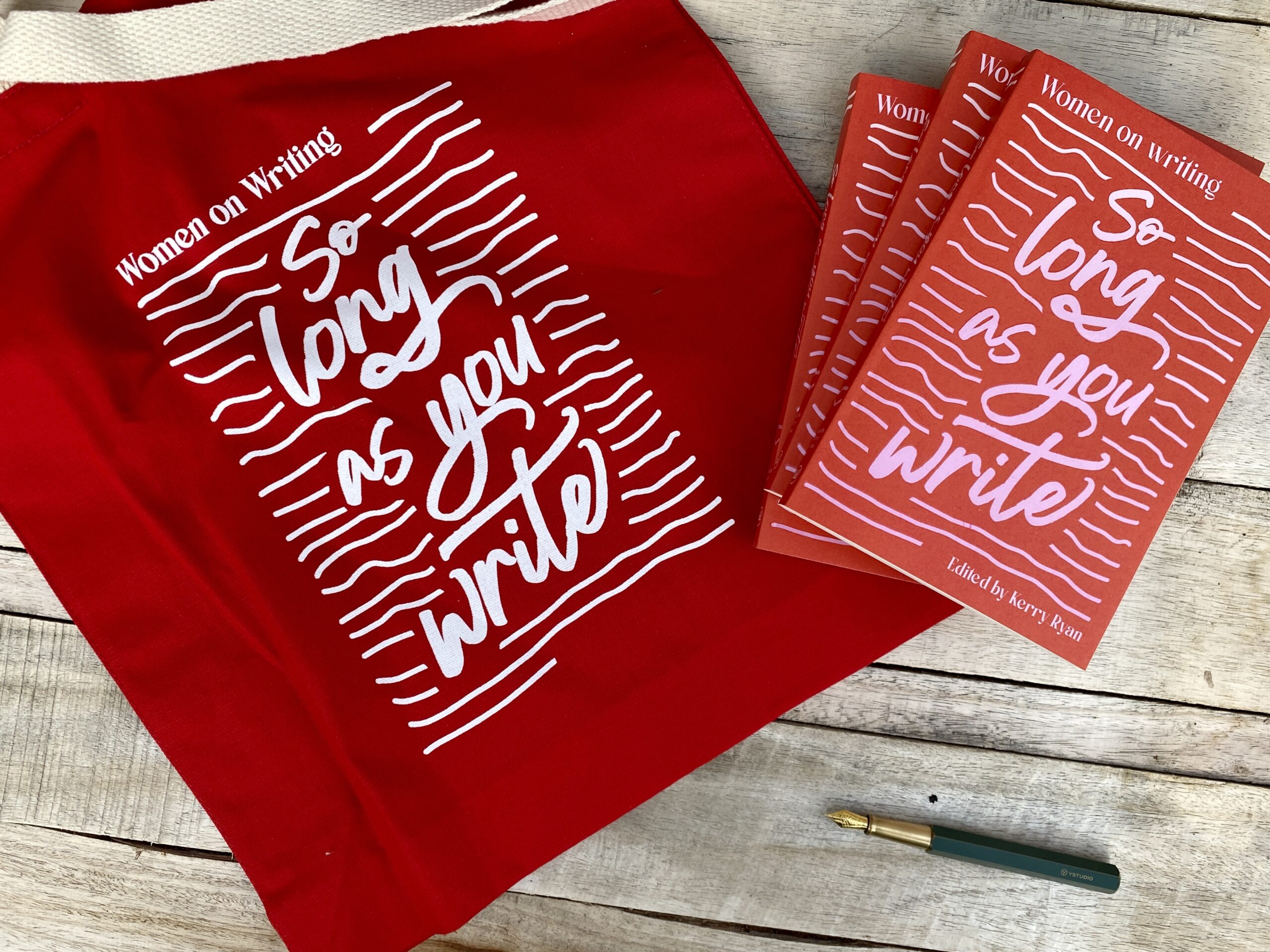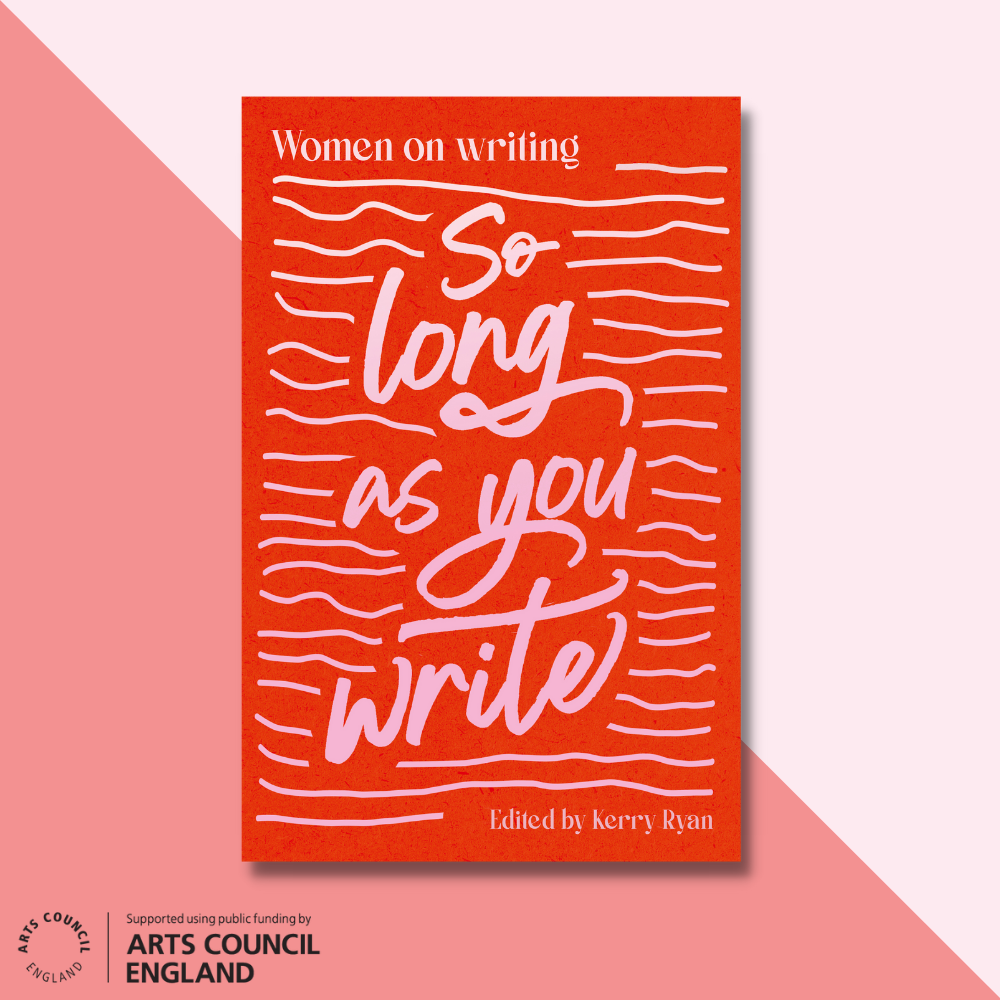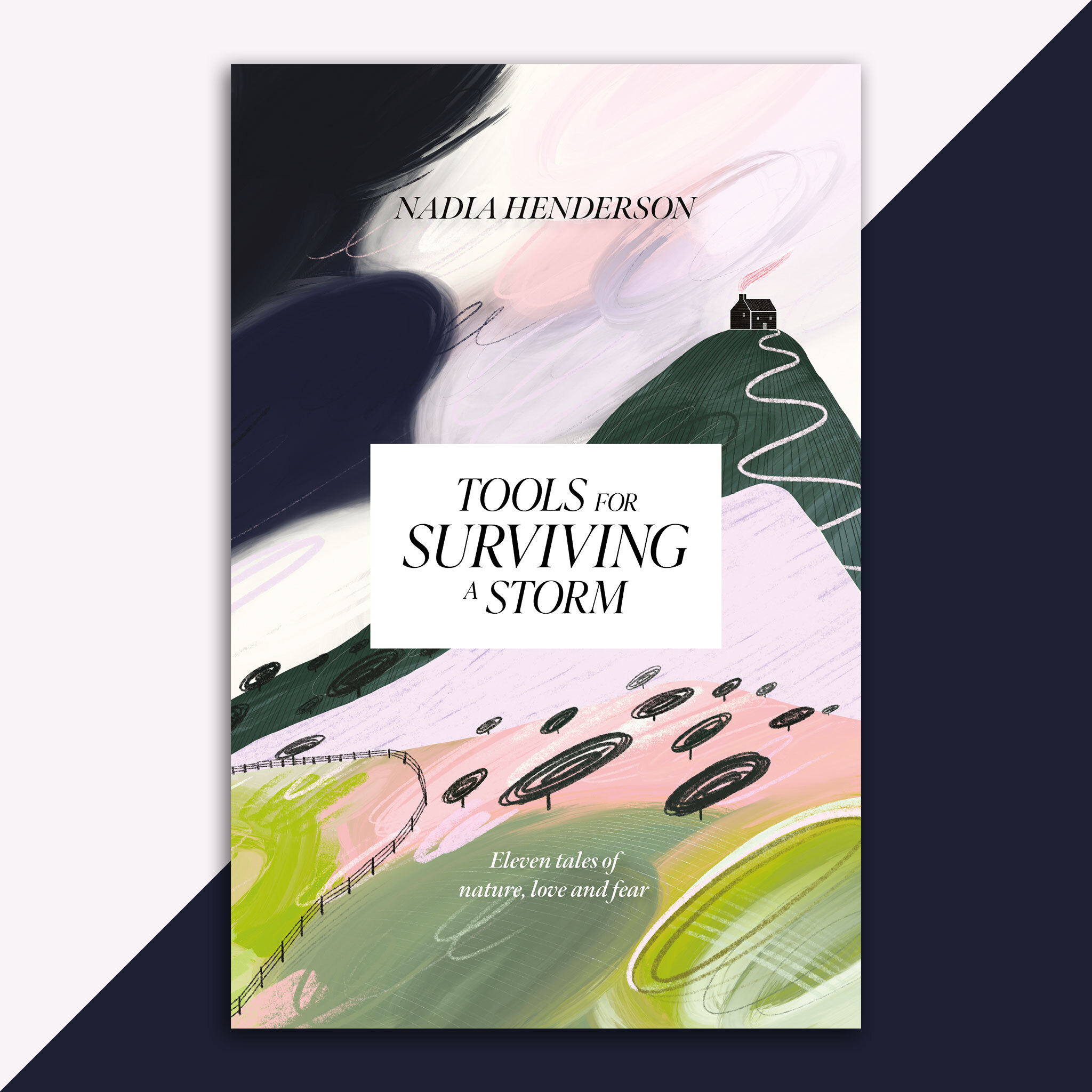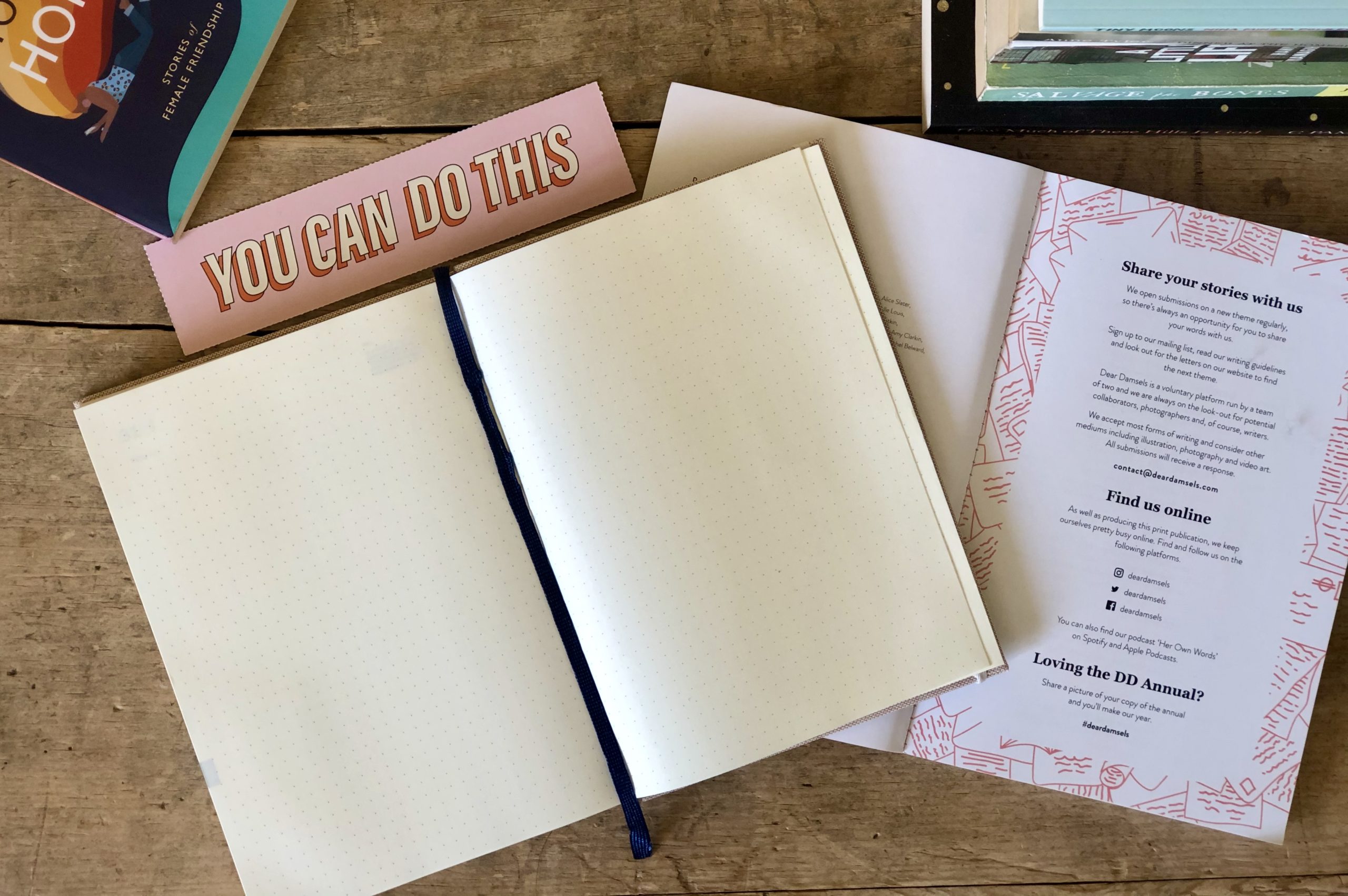THE STORY HUNTER | Bonnie Meekum’s father was a story hunter. Here, she shares how his weaving narratives have passed into her writing.
by Bonnie Meekums
‘Once there was a little bird and he flew away. The end.’
‘No! No! Tell us a real story!’ My sister and I squealed in unison. I clutched the edges of the tightly tucked-in bedclothes as my legs kicked in protest. I knew if we made enough fuss he would relent.
And so the story began. The real story. The story he always knew he would tell us.
Dad’s stories always had twists and turns and mysteries that somehow got wrapped up at the end, leaving me ready and willing to say my prayers and settle down to dream.
Mum was the one who told us she was good at English at school, while dad’s story was that he was more technical. Despite this, he did in fact love to draw, and we loved to watch him do so. He was also a wiz at adding up; he could magic the answer for 2s 11d and 3s 6d out of nowhere, though he did reveal his wizarding secrets to me as I got older. He would have loved to have been a draughtsman; alchemy for his love of maths and art. The forms of architect, or an engineer never appeared in his imagined story; he had never met either, and so could not conjure their forms into his story. But like so many working-class men of his time, his children walked paths fenced off to him. His only son became an engineer; a source of sparkling eyes and a puffed chest whenever Dad spoke about him.
Dad was never one to complain about his lot. A labour voter through and through, he acted as if his place in the social order was pre-ordained. His parents couldn’t afford the price of a text book and uniform when he passed the exam to go to grammar school, and so he like my mum and no doubt most of their friends he stayed on at the elementary school until the age of fourteen. He became a butcher’s apprentice, then a butcher, and ended his working life managing a shop for the co-op.
“Like him, I begin a tale not knowing where it might end. I follow a thread and see where it might lead, like a hunter on the trail of a story’s scent.”
Dad loved to tell us stories about his own childhood, and we loved listening to them – especially the ones in which he was naughty or got into scrapes. He also told us about his time in the RAF during the second world war; a time when he was able to see a different kind of life for himself, albeit temporary. He was a batman; a personal servant assigned to an officer. He couldn’t become a pilot, due to a mastoid. It probably saved his life. One cloudy day, he and his friend George were out walking when a German plane came out of nowhere and fired on them. Dad threw his friend in a ditch and himself on top of him. From that day forth they became best buddies. Mon père ce héro.
It is perhaps because Dad wasn’t so good at formal English that his capacity for stories wasn’t stifled – or perhaps he was disinterested in English because he refused to stifle his love of a good story. In the early part of the twentieth century, English was taught by reading the great poets and novelists of the day (and of old), often memorising large chunks of text. There was little emphasis on a child’s own creativity. The magic he brought to his stories was despite, not because of his education. ‘Children should be seen and not heard’ was the oft-heard chorus.
Dad knew my sister and I both read after lights out. I used to hold my torch under the bedclothes, desperate to devour as much of the story as I could before Dad came to bed himself. As he climbed the stairs, he always called ‘put that light out!’ I always wondered how he knew. But while his words were stern, his voice contained a hint of pride.
Dad would not have equated his capacity for capturing and telling fantastical stories with any aptitude in English, yet in hindsight they influenced my own writing. Like him, I begin a tale not knowing where it might end. I follow a thread and see where it might lead, like a hunter on the trail of a story’s scent. I get excited by what I might find – just like that small girl got excited as she listened and tried to stay warm. I loved then, and love now, not knowing where the story might end – what secrets are hidden in this magical process that is story-telling.
Dad died in 1998, at the age of 88. His photograph sits on my desk to the right of the screen as I write this. I can still hear his gentle voice, telling me stories as I type. A working-class man who left school at fourteen. A butcher. An artist. A mathematician. A fixer of broken things. And a hunter of stories.
Bonnie Meekums
Born and brought up in working-class London, Bonnie crossed classes when she went to university in the 1970s, eventually gaining a PhD in arts therapies in the 1990s. In the 1980s she crossed the invisible borders from South to North in England, settling eventually in Greater Manchester where
she still lives, and travelling annually to New Zealand to part of her far-flung family. A pioneer of Dance Movement Psychotherapy and an escaped academic, she is the author of two books on the topic, but these days concentrates on writing novels and short stories, as well as a blog about
becoming an older woman who rambles.
